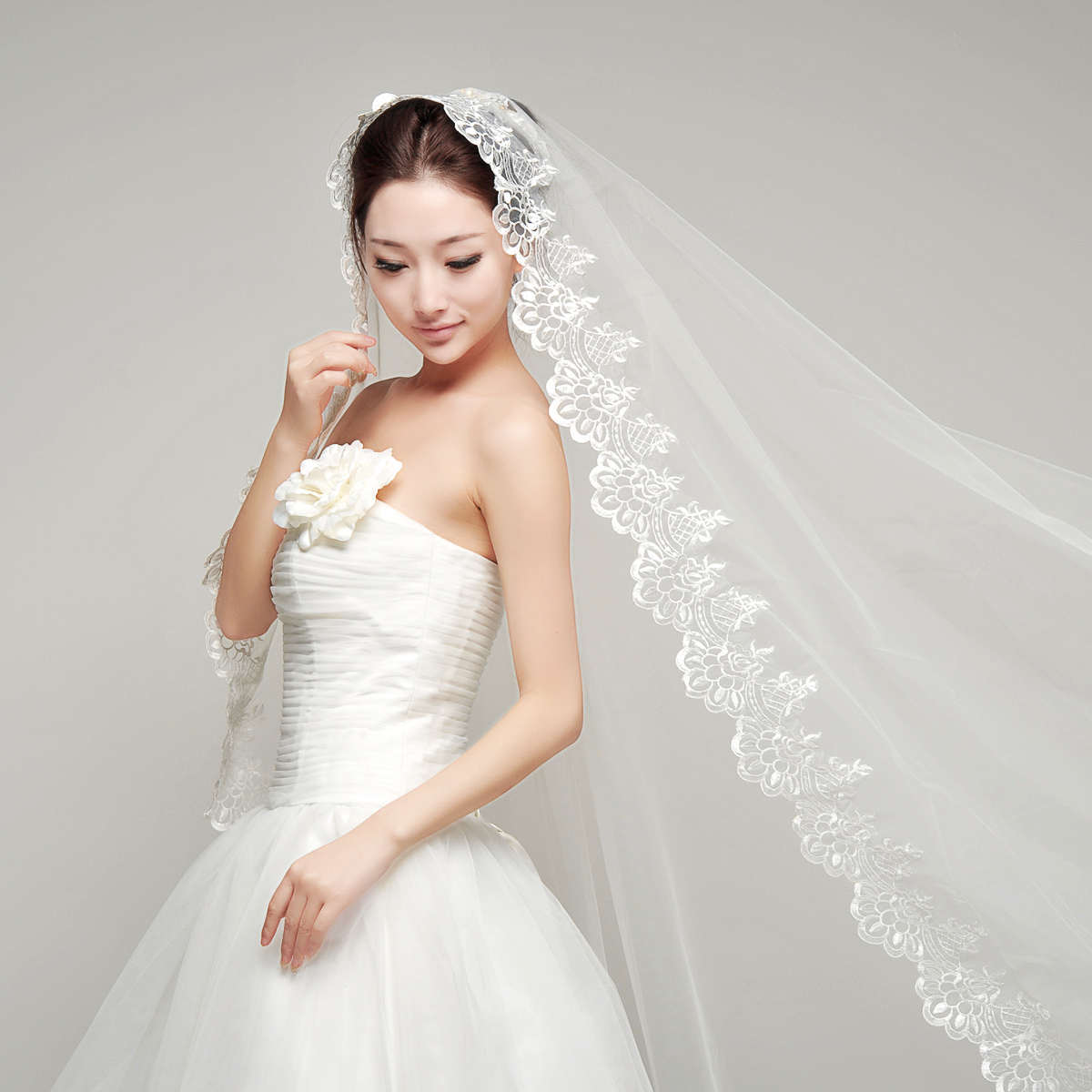
Why Korean men want to marry foreign women?
Why Korean men want to marry foreign women?
From the mid-1990s, on a majority of posters appearing in Seoul subway stations, it could be seen that South Korea government was making a concerted effort to encourage local girls to marry farmers. Since the 1960s, young women had an incentive to move from countryside to the city due to the desire of chasing a better life. Hence, there are only young men remaining in their hometown to look after their farm and keep the agriculture industry going.
That campaign failed to bring about any good result. Last year, more than one fifth of Korean farmers and fishermen women married foreigners. For instant, Jeolla Province is famous for the highest number of cross-border marriages in Korea, reaching a peak about 10 years ago. At the time when marriage between Korean men and Chinese, Southeast Asian women broke out, a marriage brokerage took just a few days. Not long ago, many provinces and cities in South Korea suspended a slogan praising Vietnamese brides for good natural virtues: loyalty, family-orientation and diligence. Now, in the Seoul subway, it’s not difficult to see posters implying encouragement to multicultural families.
Statistically, the number of multicultural families is expected to surpass 1.5 million in 2020 over total population of 50 million in South Korea. This is a remarkable figure in a country with a long-standing tradition of nationalistic unity.
Male chauvinism has led to a serious gender imbalance in South Korea. In 2010, half of middle-aged man live alone in South Korea, and this number has increased 5-fold since 1995. The birth rate is decreasing down to 1.3 children / 1 woman in childbearing age, comparing to 6 children in 1960. This is one of the lowest birth rates in the world. Without immigration, the labor force will decrease very sharply in Korea.
Korean government is extremely enthusiastic in developing a multi-ethnic country. The budget for multicultural families has increased by 24 % since 2007, up to 107 billion won (105 million USD). Approximately 20 support centers provide translation services, language classes, child care and counseling are established to promote this campaign. Student textbooks now include sections on multi-racial family. In 2012, half-blood children are allowed join the military. When 4 Mongolians who work in South Korea illegally rescued a dozen of Koreans from a fire in 2007, local residents urged government to provide these Mongolians residency and the authorities agreed.
However, falling in line with Korean culture in a multi-racial family is still difficult for foreigners. According to a survey by Korea Institute of Development, for each 10 marriages with foreigners, there are 4 marriages that end within the first 5 years. In 2009, nearly one fifth of all children born from cross-border marriages are not provided with schooling. Many mothers know little Korean. Here are some of the existing various types of discrimination.
The Korean government is tightening regulations on marriage. Last month, the government announced two new requirements: foreign bride must speak the Korean language and Korean groom must prove financial income to the Goverment. Critics say that the tightening only accelerates the aging process of national workforce. Mr. Lee In Su, a marriage broker in Daegu – said that the number of women eligible for marriage will shrink. Most of the foreign brides came from poor rural areas are not capable of picking up the Korean language. Meanwhile, the competition comes from Chinese brides – the country has a high number marriage seeking women – Competition is extremely fierce.
In fact, the number of Korean men marrying foreign brides is falling – from 31,000 in 2005 to 18,000 last year. Among them, 9/10 of the total marriages in the city. Kim Yong-shin – Vietnam – Korea Cultural Center in Hanoi – said Vietnamese girls no longer want to languish rural areas of South Korea. They love watching Korean films and K-pop music and they want to live in the city.
For Korean customers, Lee Chang-min – a broker in Seoul – say they are increasingly better educated, even more people belong to the group of highest income in South Korea. Others are wary of doenjangnyeo clones (a pejorative term only for a class Korean women called “wealth erosion”). They prefer a wife who can take on traditional role while Korean women are not willing to do. The broker laments, it would be better if the men are introduced to foreign wives by their friends, not through brokers. There may also be a suitable solution in a breathtakingly quick changing Korean society today.



